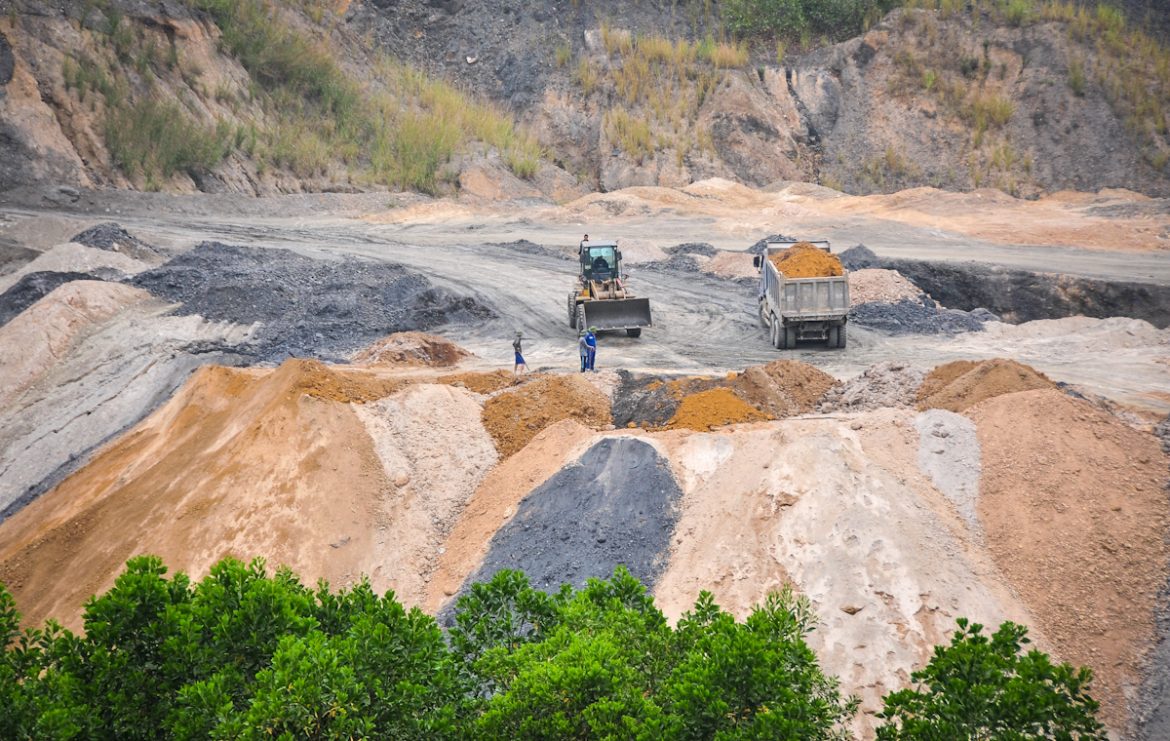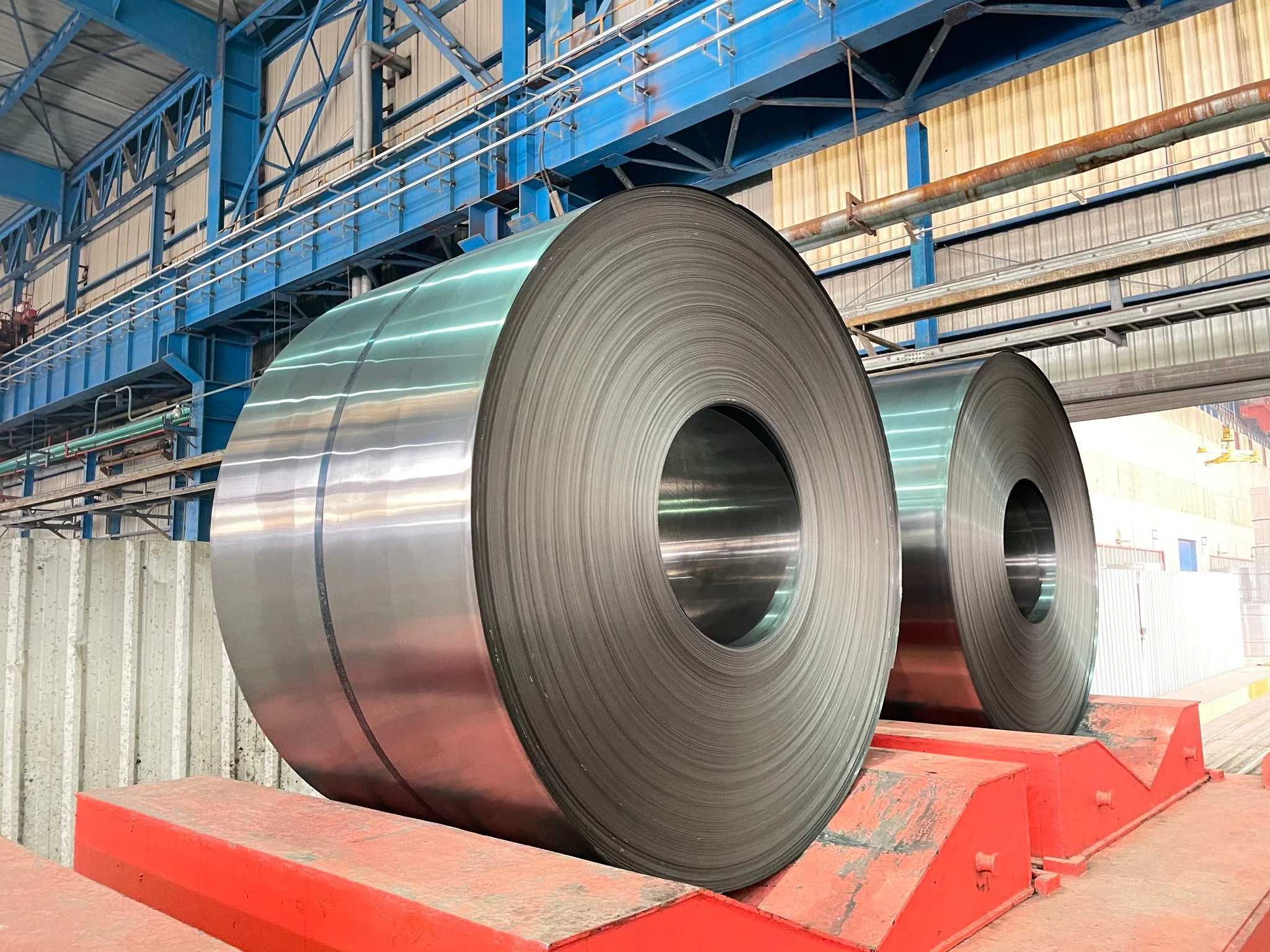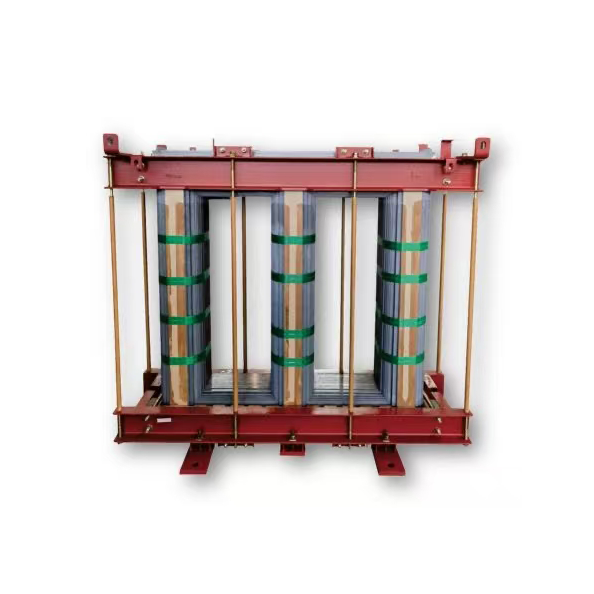Mineral mining plays a crucial role in various industries, providing essential raw materials for manufacturing and powering economic growth. However, beneath its surface allure lies a dark side that often goes unnoticed. In this blog post, we will delve into the environmental impacts of mineral mining, exploring why it is detrimental to our planet and why we should seek sustainable alternatives.
- Habitat Destruction:
One of the most significant concerns associated with mineral mining is the destruction of natural habitats. Mining operations often require clearing vast areas of land, leading to the displacement and loss of countless plant and animal species. This disruption can have long-lasting ecological consequences, disrupting delicate ecosystems and threatening biodiversity. - Water Pollution:
Mineral mining processes involve the use of chemicals and heavy machinery, which can result in the contamination of nearby water sources. Toxic substances, such as heavy metals and acids, can leach into rivers, lakes, and groundwater, posing a severe threat to aquatic life and potentially contaminating drinking water supplies. The long-term effects of water pollution from mining can be devastating for both the environment and human health. - Air Pollution:
Mining activities release a significant amount of dust, particulate matter, and harmful gases into the atmosphere. These pollutants can contribute to air pollution, leading to respiratory problems, cardiovascular diseases, and other health issues for nearby communities. Additionally, the release of greenhouse gases during mining operations contributes to climate change, exacerbating global environmental challenges. - Soil Degradation:
Mineral mining often involves the removal of topsoil and vegetation, leaving behind barren landscapes susceptible to erosion. Without adequate soil protection measures, erosion can occur, leading to the loss of fertile land and hindering future agricultural productivity. The degradation of soil quality can have far-reaching consequences for local communities and food security. - Social Impacts:
Beyond the environmental concerns, mineral mining can also have significant social impacts. Local communities near mining sites may experience disruptions to their traditional way of life, including loss of access to land, water, and natural resources. Moreover, mining operations can exacerbate social inequalities, leading to conflicts over resource distribution and exacerbating social tensions.
Conclusion:
While mineral mining is essential for economic development, it is crucial to recognize and address its negative environmental impacts. By understanding the consequences of mining activities, we can strive for more sustainable practices and explore alternative methods of resource extraction. It is our collective responsibility to protect our planet and ensure a more sustainable future for generations to come.



